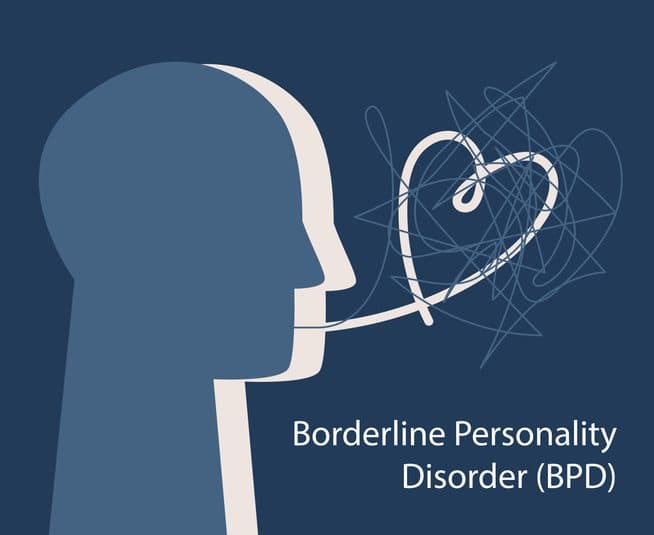Ever feel like your emotions are a powerful rollercoaster you can't control, making relationships feel intensely passionate one moment and in turmoil the next? This experience of profound emotional intensity is at the heart of Borderline Personality Disorder (BPD). BPD is a widely misunderstood mental health condition, but understanding its core features is the first step toward compassion, both for others and for oneself.
Borderline Personality Disorder is primarily characterized by a pervasive pattern of instability in moods, self-image, and interpersonal relationships. This emotional dysregulation can feel overwhelming, leading to significant challenges in daily life. While it manifests differently for everyone, the experience often involves a combination of key symptoms. These frequently include:
- An intense fear of abandonment, real or imagined.
- A pattern of unstable and intense relationships, often alternating between idealization and devaluation.
- A persistently unstable self-image or sense of identity.
- Impulsive behaviors that can be risky, such as reckless spending or substance use.
- Chronic feelings of emptiness and severe, inappropriate anger.
It is crucial to know that hope and healing are entirely possible. BPD is not a life sentence of instability. Through targeted, evidence-based therapies like Dialectical Behavior Therapy (DBT), individuals can learn vital skills to manage intense emotions, tolerate distress, and build healthier, more stable relationships. With the right support and commitment, recovery is a realistic goal, allowing people to lead fulfilling and balanced lives.
Frequently Asked Questions
Q: What causes Borderline Personality Disorder?
A: The exact cause isn't known, but it's thought to stem from a combination of genetic predisposition, brain function, and difficult environmental factors, such as childhood trauma or invalidation.
Q: Is BPD the same as bipolar disorder?
A: No. While both involve mood shifts, BPD mood swings are typically much faster and are often triggered by relationship stress. Bipolar disorder involves more sustained episodes of mania and depression.
Q: Can someone with BPD get better?
A: Absolutely. BPD is highly treatable. With therapies like DBT, individuals can learn skills to manage their symptoms effectively and significantly improve their quality of life.




